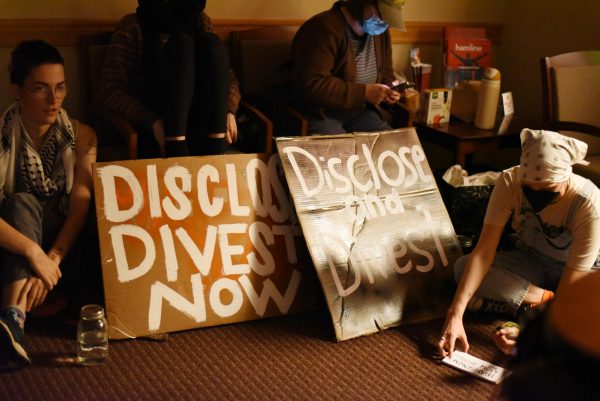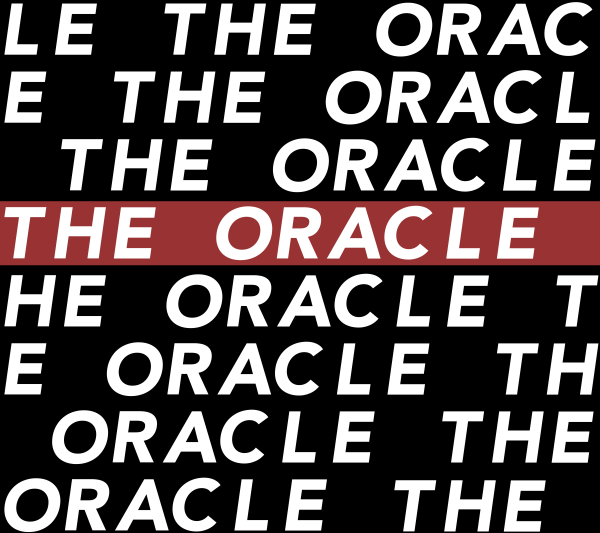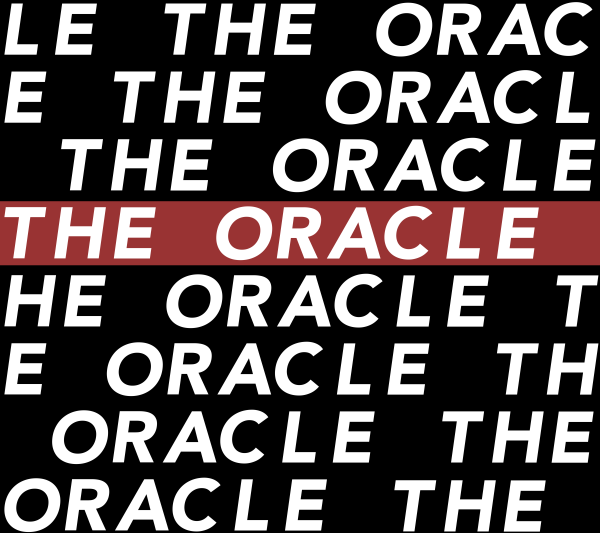Legitimate opportunity or scam?
Hamline professor educates students on the dangers of scams.
November 13, 2015
“Are you looking to make some extra money? You don’t need to be a Harvard graduate or a business person to make crazy money, so fast!” said first-year Paige Natzke. As a part of the “Business Opportunity or Scam?” event, she demonstrated what a fraudulent company’s typical business proposal may sound like.
On Wednesday, Nov. 4, Stacie Bosley, Hamline professor in the economics, finance and accounting department, held her informational event regarding pyramid schemes and recognizing them. Bosley began her presentation saying,“When your team succeeds, you succeed. Are you ready to make money in your sleep?” Well, if so, Bosley, would advise you not to do so with a business proposal that sounds like this! A pitch of this nature has every indication of being a scam, which are increasingly being directed specifically at college students.
Recently, she served as an expert witness and testified against a company called Vemma. This company advertised energy drinks, a product aimed at young people, within an alleged pyramid scheme, also known as “affiliated marketing.” Currently, Vemma is temporarily shut down, but countless other companies that exploit with the same methods still exist continuing to bring people in under deceptive claims. Bosley is now involved with a national consumer group, working to figure out how to start conversations about this topic on college campuses in a way students will be willing to participate in.
So how do college students, often as direct targets for this kind of marketing, know when to worry? The fundamental issue to consider is when the pitch emphasizes team-building as more of a priority than selling the product. What they are selling, as a business, is the opportunity— they want their audience to ignore the product. If a participant in the company receives compensation for finding other sellers, money is not really based on retail sales.
“When you draw your social network into this with you, the implications are completely different,” said Bosley.
However, as social platforms are becoming a foundational means of communicating with social networks and young people become accustomed to connecting through automated ways, these companies increasingly learn to take advantage of social media to support their pyramid schemes. As a result, the 18 to 20 age group category reports the highest instance of fraud.
“It’s really crazy to know that social media is really used as a breeding ground for this,” said Madison Wagner, attendee and Hamline freshman. College students are a part of a large affinity group; the stronger the bond between groups, the easier to exploit.
“Stronger connections,” Bosley said, “ allow good things [to] grow well. Scams also grow well.” Consequently, the same groups can be tapped over and over again because people are silent on this issue.
A business opportunity can take many forms and this industry is capable of providing conditions under which these opportunities are viable and helpful to those involved. However, careful consideration is necessary before forming a potential association or providing funds to any company. Bosley said as a reminder, “money isn’t magically created unless you’re the federal reserve bank!”





